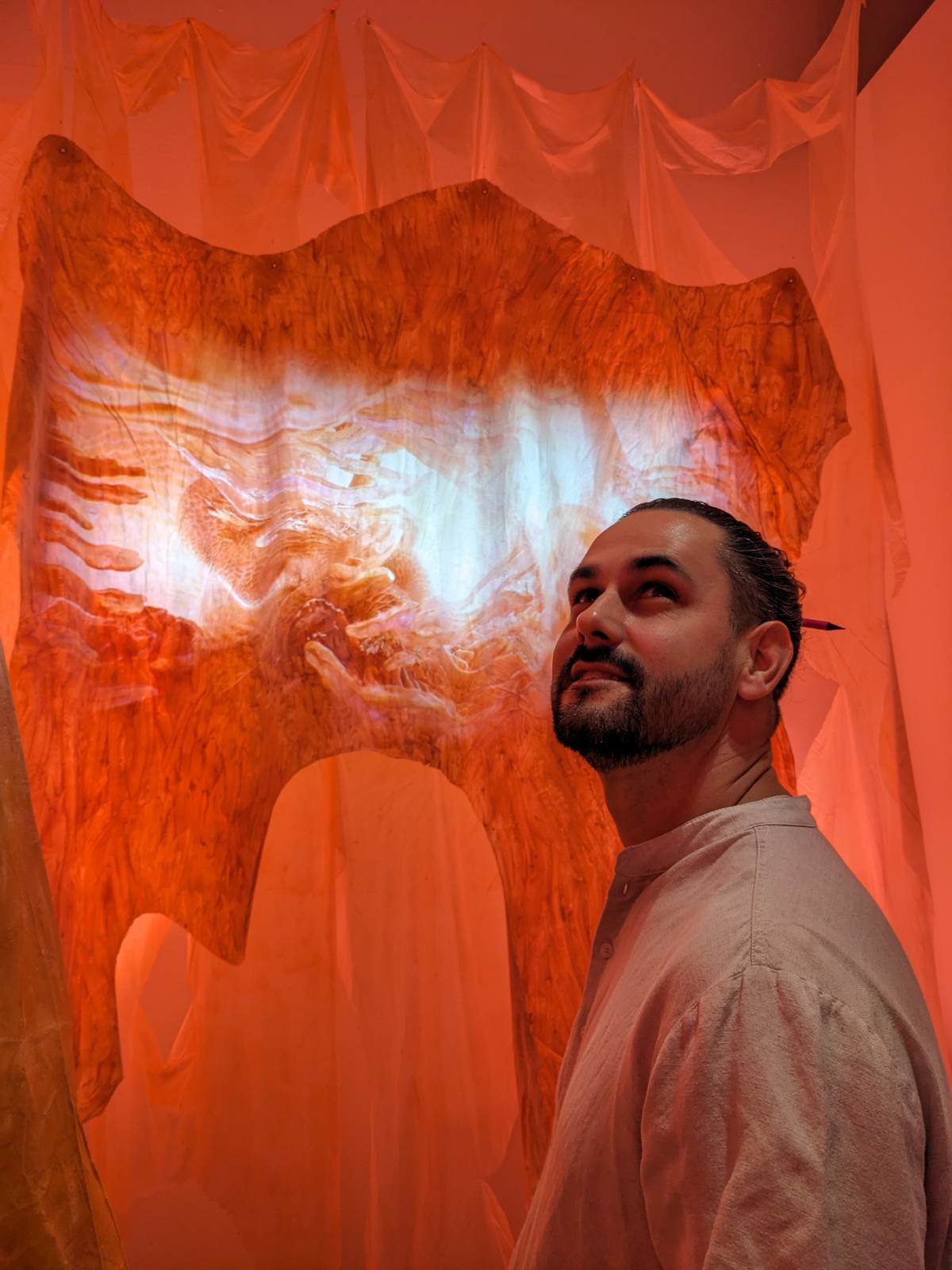Building Awesome APIs
I've recently delivered two talks on API design best practices for libraries. First at ACCU 2025 and then again in the Stockholm C++ Meetup. It's a fun topic and even if the presentations start out the same way they soon diverge both in style and contents.
